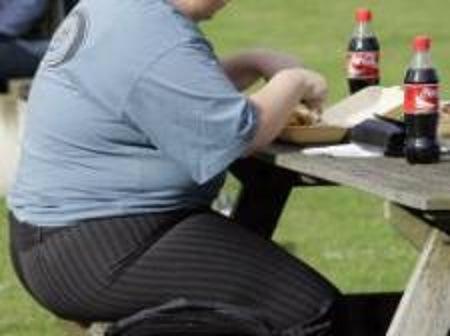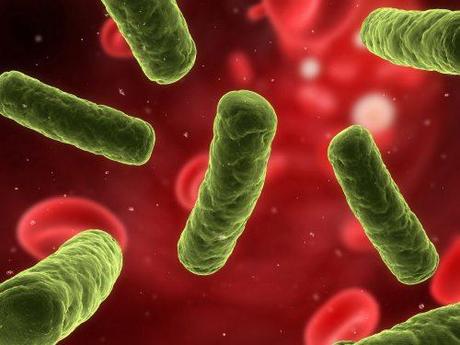
Have you noticed how in old television shows from the 1960s, ’70s, and even ’80s, everyone looks thin?
Americans are too fat. Despite that, we are getting fatter.
According to Centers for Disease Control data, the obesity rate was relatively stable in the USA between 1960 and 1980, when about 15% of people fell into the category. It increased dramatically in the ’80s and ’90s and was up to 32% in 2000 and 36% in 2010. As of 2010, more than 1 of every 3 U.S. adults (about 36%) were obese, which is roughly 30 pounds over a healthy weight, and 6% were severely obese, which is 100 or more pounds over a healthy weight. Those percentages qualify as an epidemic. And it’s an epidemic afflicting all income and education levels
According to a new study led by Eric Finkelstein, a health economist with Duke University Global Health Institute, at the rate we’re going, 42% of Americans may end up obese by 2030, and 11% could be severely obese, adding billions of dollars to health care costs. That means 32 million more obese people within two decades, on top of the almost 78 million people who were already obese in 2010.
But it’s not just America. Obesity worldwide has more than doubled since 1980, according to the World Health Organization, with more than 500 million adults worldwide suffering from the condition according to 2008 statistics.
Extra weight takes a huge toll on health, increasing the risk of type 2 diabetes, heart disease, stroke, many types of cancer, sleep apnea, senile dementia, and other debilitating and chronic illnesses. (Read more on obesity-associated morbidity here.)
This alarming increase in obesity has been attributed to Americans’ high-fat high-sugar diet, sedentary lifestyle, lack of exercise, and just plain gluttony. But new research suggests that a causal agent may be the enterobacter bacteria!

An article in NewsMax Health, “Is Obesity Caused by Bacterial Infection?,” December 19, 2012, claims that researchers at Jiaotong University in Shanghai, China, have identified a bacteria which may cause obesity.
In a paper published in the peer-reviewed journal of the International Society for Microbial Ecology (ISME), the researchers report an experiment that found mice bred to be resistant to obesity even when fed high-fat foods became excessively overweight when injected with a kind of human bacteria and subjected to a rich diet.
The bacterium known as enterobacter had been linked with obesity after being found in high quantities in the gut of a morbidly obese human volunteer, The mice were injected with the bacterium for up to 10 weeks as part of the experiment.
The researchers conclude that the bacterium “may causatively contribute to the development of obesity” in humans, and that diets that alter the presence of microbes in humans could combat the condition.
A human patient lost over 66 pounds in nine weeks after being placed on a diet of “whole grains, traditional Chinese medicinal foods, and prebiotics,” which reduced the bacterium’s presence in the patient’s gut to “undetectable” levels, the paper said.
One of the report’s authors, Zhao Liping, lost 44 pounds in two years after adopting a diet of fermented probiotic foods such as bitter melon to adjust the balance of bacteria in his gut, the American magazine Science said in an article this year on his previous research.
This is what Wikipedia says about the bacterium enterobacter:
Enterobacter is a genus of common Gram-negative, facultatively anaerobic, rod-shaped bacteria of the family Enterobacteriaceae. Several strains of these bacteria are pathogenic and cause opportunistic infections in immunocompromised (usually hospitalized) hosts and in those who are on mechanical ventilation . The urinary and respiratory tracts are the most common sites of infection. It is also a fecal coliform, along with Escherichia. [...] In a recent study, over a 1/3 of gut bacteria in a morbidly obese volunteer was found to be Enterobacter. After 23 weeks, the volunteer lost almost 1/3 of his weight by virtually eliminating the bacteria via diet, while being prevented from exercising.
The “recent study” Wikipedia references is the same Chinese research that was published in The ISME Journal.
~Eowyn

